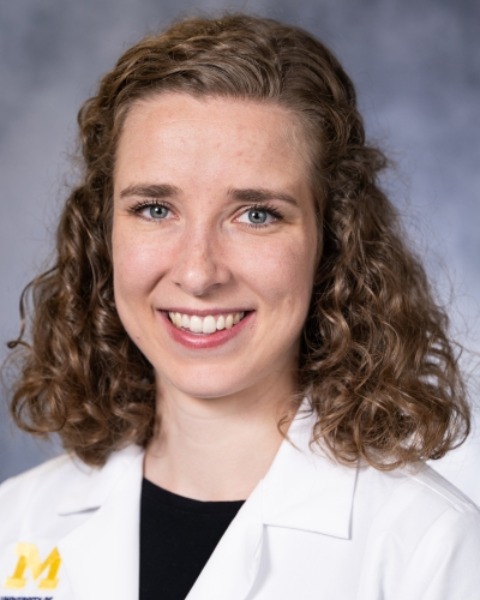Poster Session 2
(527) Management and Referral Patterns for Opioid and Other Substance Use Disorder in Pregnancy

Joshua S. George, MD, MPH
Physician Fellow
University of Michigan
Ann Arbor, Michigan, United States
Ellery G. Sarosi, MD
Resident
University of Michigan Medical Center, Department of Obstetrics and Gynecology
Ann Arbor, MI, United States
Harini Pennathur, BSE (she/her/hers)
Texas A&M University School of Engineering Medicine, United States

Rachel A. Clark, BS (she/her/hers)
University of Michigan Medical School
Ann Arbor, Michigan, United States
Kenechukwu Odenigbo, BA
University of Michigan Medical School
Ann Arbor, Michigan, United States- SP
Shayla Parthasarathy, BS
University of Michigan Medical School
Ann Arbor, Michigan, United States 
Michelle Moniz, MD, MSc (she/her/hers)
Associate Professor
University of Michigan
Ann Arbor, Michigan, United States
Lisa Kane Low, CNM, PhD (she/her/hers)
University of Michigan
Ann Arbor, Michigan, United States- MM
Maria Muzik, MD, MSc
Professor of Psychiatry and Obstetrics & Gynecology
University of Michigan
Ann Arbor, Michigan, United States 
Alex Peahl, MD, MSc (she/her/hers)
Michigan Medicine
Ann Arbor, Michigan, United States
Submitting Author and Presenting Author(s)
Coauthor(s)
To explore how various outpatient clinic types providing obstetric services manage care for birthing people with opioid and other substance use disorder (OUD/SUD) in pregnancy.
Study Design:
Prenatal care providers from across the state of Michigan were identified through systematic web searches and snowball sampling. We conducted semi-structured surveys supported by Blue Cross Blue Shield of Michigan on routine prenatal care practices including management of high-risk conditions such as OUD/SUD. Specifically, we queried if clinics manage OUD/SUD in pregnancy, co-manage with another provider, or refer patients to other providers. We assessed practices across clinic attributes using chi-square tests.
Results:
Of the 18 clinics across 8 out of 10 designated prosperity regions in Michigan who completed the survey, 7 clinics self-managed OUD/SUD, 6 clinics utilized co-management, and 5 clinics utilized referrals for specialized care. Federally Qualified Health Centers and outpatient clinics associated with hospitals were more likely to self-manage patients with OUD/SUD than private practices (p=0.01). All respondents from private practices reported referring as their primary management strategy. Clinics with Epic or Cerner electronic health record (EHR) systems were more likely to manage or co-manage OUD/SUD than clinics with local EHR systems (p=0.01). Management strategy did not differ by the clinic population size, state designated prosperity regions, or insurance limitations.
Conclusion:
OUD/SUD is the leading cause of pregnancy associated mortality in the state of Michigan. Different practice patterns for managing birthing people with OUD/SUD warrant further exploration to define the most effective, efficient, and patient-centered models of care to improve outcomes for this population.

